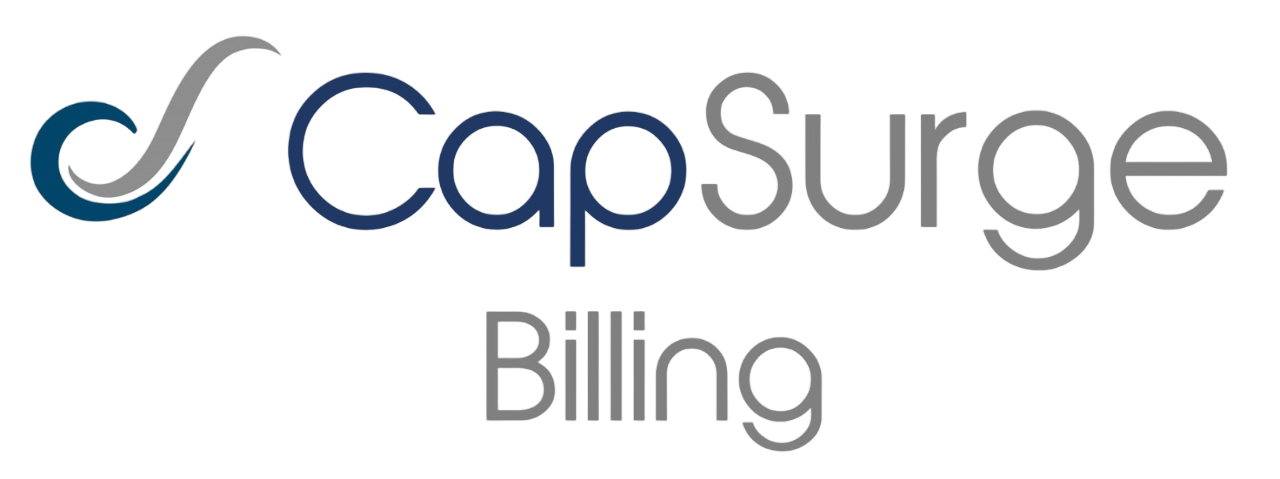Filing individual encounters manually is susceptible to human errors. As the volume of encounters grows, the likelihood of missing claims increases, potentially leading to lost revenue and inefficiencies.
A similar issue was identified with one of the recently onboarded healthcare providers. The previous billing company they worked with missed filing claims totalling 4.7%, or around $17,000. This kind of oversight can significantly impact a healthcare provider's profitability, underscoring the importance of accurate and timely billing.
Using our in-house developed reconciliation system, revenue leakage was identified by precisely matching each cash receipt to the corresponding healthcare service provided. This meticulous process ensures that every transaction is accounted for, and that no revenue is overlooked, thereby improving financial accuracy and efficiency."
This reconciliation system assists our clients in minimising the risk of revenue leakage at all times.
Most billing companies operate on a weekly claim-filing cycle for their clients, which results in longer approval times from insurance companies and consequently delays in payment receipt.
“One of our recently onboarded client reported that AR Days (i.e. the number of days it takes on average for the healthcare provider to receive payments after rendering service) was 45 days!
Additionally, it was observed that claims rejected by the insurance company were often left unaddressed for extended periods, leading to further delays in cash receipts.
With our efficient operations team and in-house processes, we ensured that claims were not only filed promptly but also that rejected claims were addressed on a daily basis."
This approach enabled us to achieve a substantial reduction in accounts receivable days for our client, with payments being received in 8-10 days instead of the previous 45 days.
Billing companies often limit their services to just billing. Healthcare founders frequently face the challenge of achieving sustainable growth. We understand this challenge and believe that simply collecting payments on behalf of the founder addresses only half of the solution.
Common questions for founders often include: How much can be allocated for investing in new medical devices? When and how many resources should be hired? What is the feasible size for expanding a clinic or hospital without affecting existing financial commitments?
With limited short-term visibility into cash flows, founders often invest aggressively, which can lead to cash crunches. This situation frequently results in the need to seek investment from external investors or incur debt.
We are committed to our clients' growth as much as our own. To support this, we have a team of financial experts in-house to guide and assist our clients with every financial decision—whether related to investments or expenses—to ensure sustainable growth in their healthcare practice.
